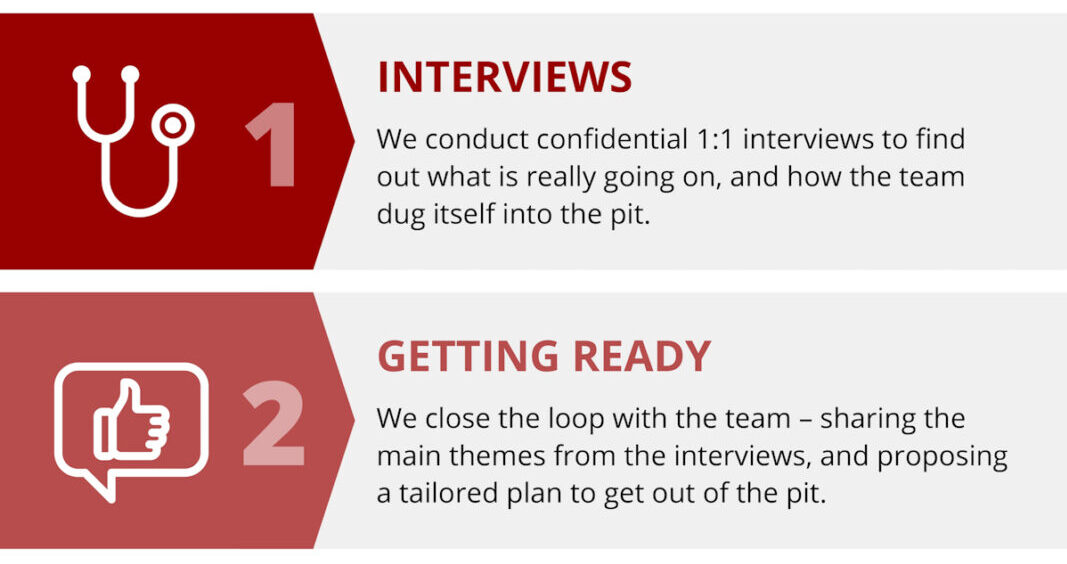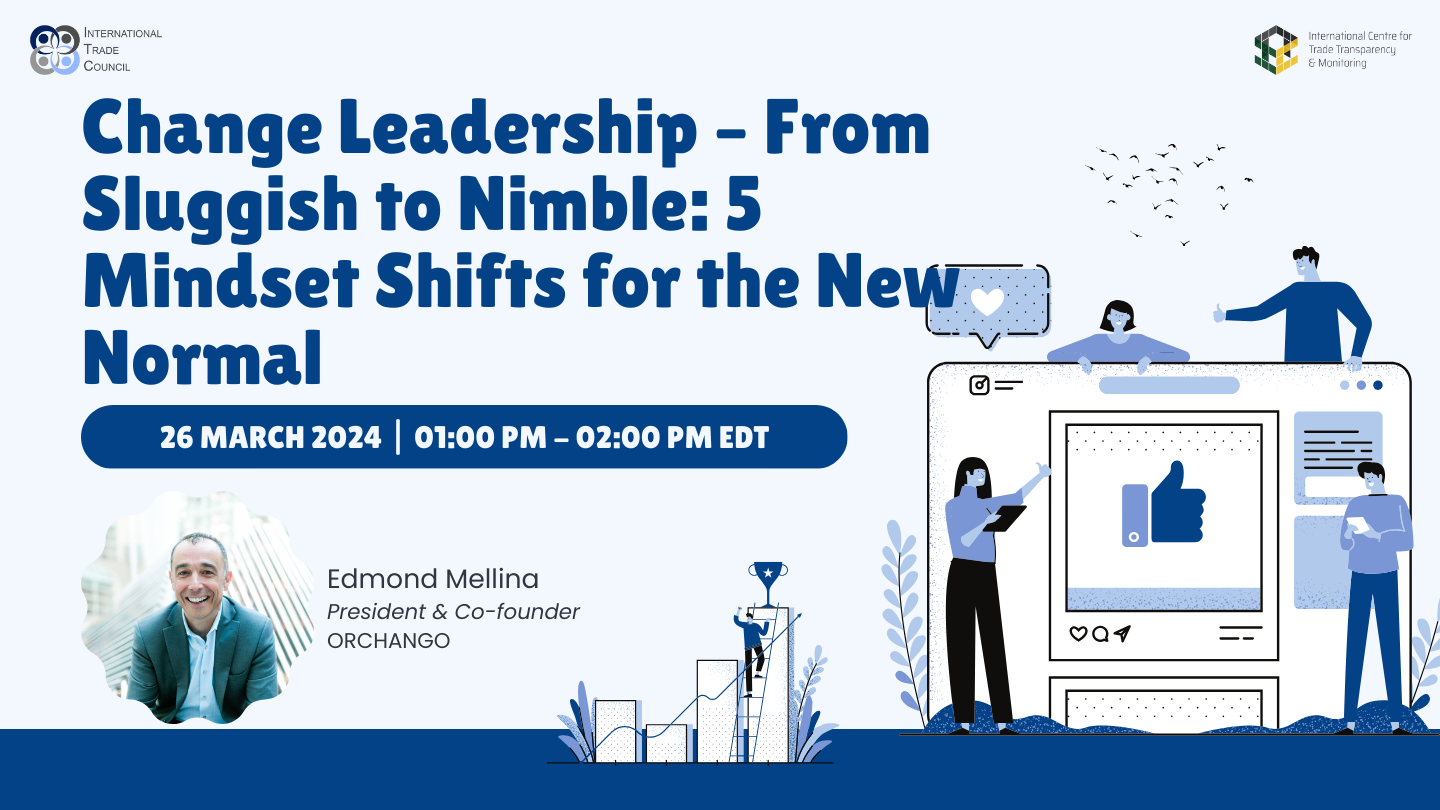How do you transform the dynamics of a team (leadership or otherwise) from dysfunctional to…
It’s not easy to work in a global world

Canadian execs need more international experience with emerging markets focus. Edmond Mellina wrote this opinion piece for Canadian HR Reporter (www.hrreporter.com).
According to a new study by Russell Reynolds Associates, Canadian CEOs have significantly less international experience than their counterparts in Australia.
The executive search firm, in conjunction with researchers at The University of Western Ontario’s King’s University College, interviewed board members of the 100 largest publicly traded companies in both countries. The study found that both Canadian and Australian boards feel strongly about the importance of having a CEO with international experience. They see the need for such qualification growing in importance over the next decade.
However, only 37 percent of large-company CEOs in Canada have international experience, compared to 67 percent in Australia. The gap is large.
These findings are bad news for Canada. Australia is a key rival in the global market. And with countries such as China, India or Brazil emerging as new economic powers, the ability to work effectively across cultures is becoming more critical than ever.
In the past, Canada could rely on its main trading partner south of the border. The United States provide a very comfortable environment to Canadian executives. However, doing business overseas can be quite challenging.
I gained a better appreciation of this harsh reality through our firm’s recent work with a development bank based in Saudi Arabia.
Before this experience, I felt confident in my ability to interact with other cultures – first because of my family history. My dad was born in Algeria, the son of Spanish immigrants. My mom moved to Algeria from Andalusia when she was a teenager. My parents immigrated to France after Algeria obtained its independence. Our family moved around the country before settling in the Basque Country, an area with a strong and unique identity.
Not surprisingly, I developed early on a keen interest in foreign cultures. To fulfil it, I travelled extensively around the world – always staying off the beaten path to get better exposure to the local people, their ways of life and their perspectives. As I started my career, I looked for opportunities to work as an “expat”. The first one was here in Canada, where I met my wife. She is from Quebec, a province with a different culture. We moved to Northern Europe for a couple of years before returning to Canada. Later, I spent a year in the United States.
These work experiences were all in western countries. However, with my family history and with the insights I had gained through my travels off the beaten path, I felt well equipped to interact effectively with this bank in Saudi Arabia. I was wrong. Two aspects were particularly challenging to me.
Losing my ability to read the person across the table
The first hint I would be challenged came very early. The bank had invited our firm to respond to a “Request For Proposal”. We were competing with a handful of other firms around the world that specialize in our field.
The RFP process lasted a few months. As time went by, I developed a bad feeling about our chance of success. One day, we had a conference call with the selection committee during which we got plenty of negative signals. After the call, I decided there was no point in wasting any more resources and energy on this opportunity. That evening, I sent an e-mail to the sponsor of the initiative to let him know that our firm was removing itself from the RFP process.
The following morning, there was a fax waiting for me at the office. It was a formal document signed by a top officer of the bank. We had won the business! I was shocked. Obviously, I had totally misread the dynamics.
The lesson: don’t blindly follow your instincts – at least not until you have accumulated enough work experiences to adjust your instincts to the other culture.
Decoding behaviours the wrong way
As we started working on the first engagement, I had trouble dealing with the sudden changes of pace. Most of the time, things were moving extremely slowly. During these periods, the client showed little responsiveness to our requests or inquiries. Then, without warning, things were moving very fast and we were expected to deliver our work in short order.
I grew frustrated because of the way I decoded the behaviour. I felt it was disrespectful to ignore us for so long, then wake up and demand immediacy.
But the bank was simply operating as usual in Saudi Arabia, where business tends to proceed either at snail pace or at light speed – with nothing in between.
Eventually I got used to this way of doing business. But it took me a while. The natural tendency is to interpret the words and actions of others through our standard frames of reference. We need to accumulate different experiences in order to start developing new ways of thinking.
Expat opportunities in western countries or traveling globally for leisure don’t adequately prepare an executive for the emerging markets. To be effective in the global world, there is no substitute to actually living and working for extended periods of time in non-western countries.
It is time for large Canadian companies to close the gap highlighted in the Russel Reynolds study. The focus should be on providing senior executives with actual work experience in the emerging markets that are strategically important to each company.




This Post Has 0 Comments